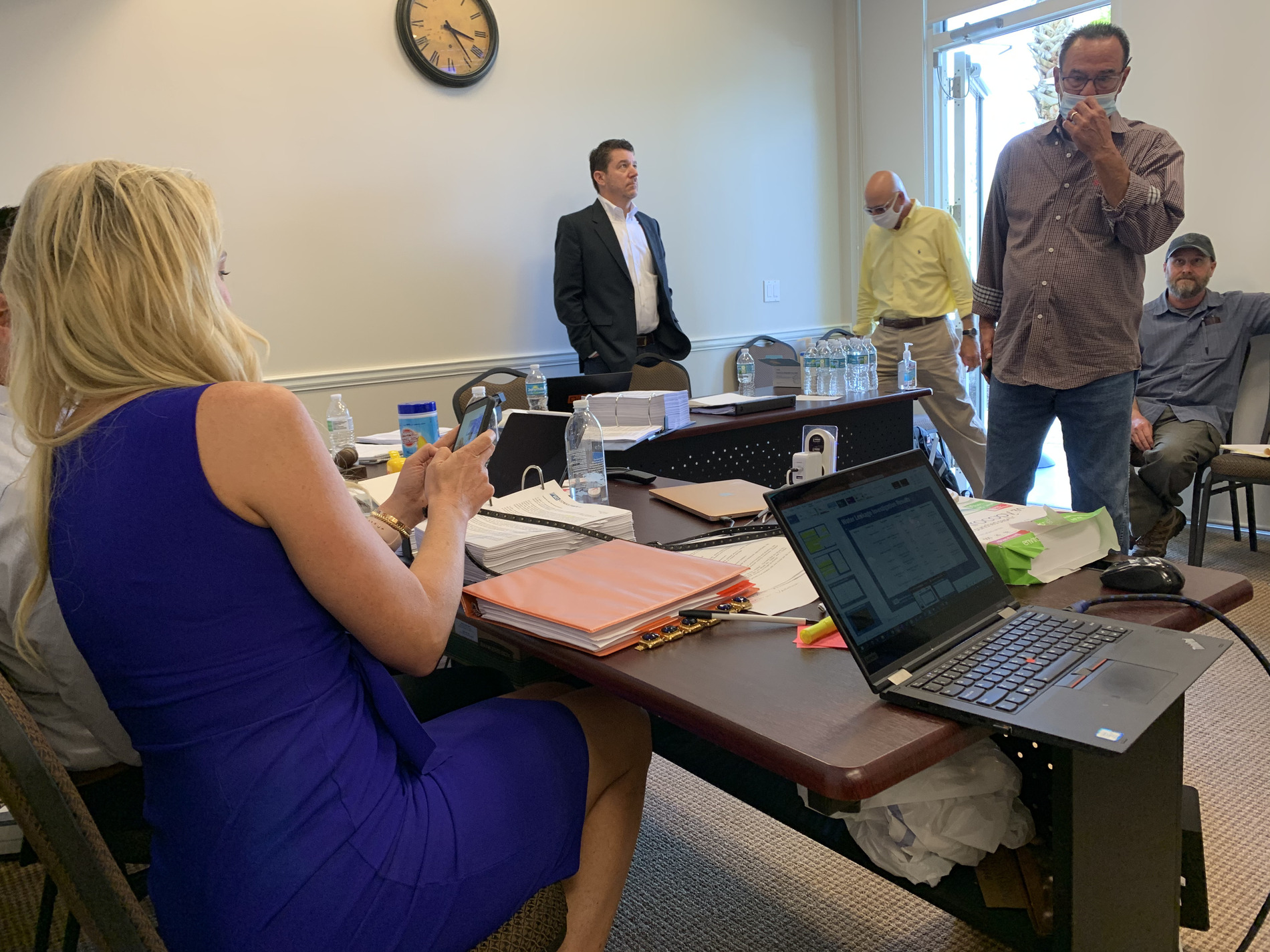A Guide On How To Talk To Insurance Claims Adjusters

Interaction with insurance claims adjusters can be a regular occurrence for individuals involved in building inspection and construction. Communicating effectively is crucial to ensure that your claim is processed smoothly and fairly. If you’re wondering how to talk to insurance claims adjusters proficiently, this guide will provide you with the essential pointers you need.
- Understand the Role of an Adjuster
Before engaging in a conversation, it’s vital to understand the adjuster’s role. They represent the insurance company and assess the validity and value of insurance claims.
- Why it matters: Recognizing that adjusters are not your adversaries but professionals performing their job can set the stage for constructive discussions.
- Be Prepared with Documentation
Whether it’s about construction damages or building inspection results, always have all necessary documents on hand.
- Why it matters: Clear and comprehensive documentation serves as evidence, making it easier for the adjuster to evaluate the claim.
- Maintain Professionalism
Engage in a calm, clear, and professional manner. Avoid emotional outbursts, and keep the conversation focused on the facts.
- Why it matters: Professionalism fosters respect and can ensure the conversation remains productive.
- Listen Actively
While you might be eager to put forward your points, listening to the adjuster is equally essential.
- Why it matters: By understanding the adjuster’s perspective, you can tailor your responses to address their concerns, leading to a more efficient resolution.
- Clarify Doubts and Ask Questions
If there’s something you don’t understand, don’t hesitate to ask for clarification. It’s better to have all ambiguities cleared at the beginning.
- Why it matters: Clear communication can prevent misunderstandings, ensuring both parties are on the same page.
- Avoid Speculation
Stick to the facts. If you’re unsure about something, it’s better to state that you don’t have that information rather than speculate.
- Why it matters: Speculation can lead to discrepancies in your claim, which might raise red flags for the adjuster.
- Take Notes
During your discussion, jot down essential points, dates, and any promises made. This will be handy for future references.
- Why it matters: Keeping a record ensures that you have evidence of what was discussed, which can be helpful if there are any disputes later on.
- Be Open to Negotiation
There might be instances where the adjuster’s evaluation differs from your assessment. In such cases, be open to negotiation but stand firm on what you believe is fair.
- Why it matters: Negotiation can lead to a middle ground that satisfies both parties.
- Know When to Seek Professional Help
If you feel that the adjuster isn’t addressing your concerns or you believe you’re not getting a fair evaluation, consider seeking advice from a lawyer or professional claim handler.
- Why it matters: Professionals with experience in dealing with insurance claims can offer guidance, ensuring your interests are protected.
Collaboration is the Key
Understanding how to talk to insurance claims adjusters is pivotal for individuals in building inspection and construction. Effective communication can make the difference between a claim resolved smoothly and one facing numerous hurdles.
Always approach the conversation with preparedness, professionalism, and patience. Doing so ensures that your concerns are addressed and you move one step closer to a fair and efficient resolution of your claim. Remember, adjusters are professionals trying to do their job, and by fostering a collaborative environment, both parties can achieve the desired outcome.
